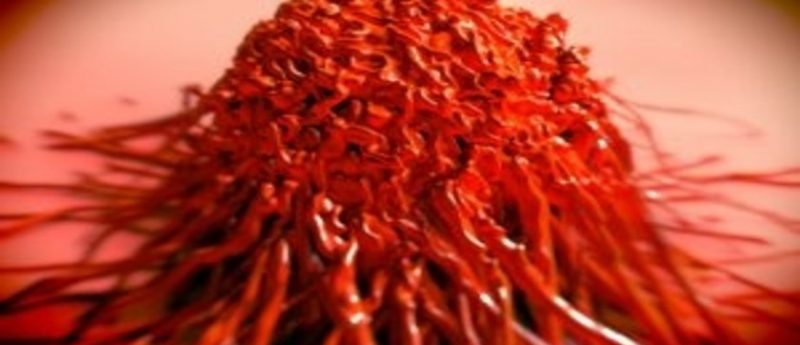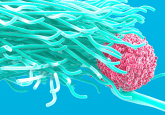Study sheds light on the link between testosterone therapy and prostate cancer

New research published in The Journal of Urology indicates that despite concerns, long-term testosterone (T) therapy used in hypogonadal men does not increase the risk of prostate cancer (PCa).
T therapy is routinely used to treat men with hypogonadism, a condition that causes reduced functioning of the gonads. Concerns have been raised about the link between T therapy and increased PCa risk, despite the fact that there is no strong evidence, predominantly due to the lack of long-term data.
Lead investigator Ahmad Haider (Bremerhaven, Germany) explained: “Although considerable evidence exists indicating no relationship between testosterone and increased risk of developing PCa, decades of physician training with the notion that testosterone is fuel for PCa made it difficult to dispel such fallacy and the myth continued to persist. Nevertheless, in the absence of long-term follow-up data demonstrating reduced risk of PCa in hypogonadal men who are receiving T therapy, considerable skepticism remains throughout the medical community and this is an expected natural and acceptable path of medical and scientific discourse.”
The research team examined three parallel, prospective, ongoing, cumulative registry studies of 1023 men, in order to assess the T therapy and PCa association. The patients were monitored for up to 17 years, with a median follow-up of approximately 5 years.
Cohorts 1 (261 men) and 2 (340 men) were treated by urologists from 2004 and cohort 3 (422 men) were treated at an academic andrology center from 1996. Hypogonadism was diagnosed in patients within the study if testosterone levels were ≤12 nmol / L and if other symptoms such as erectile dysfunction, fatigue, depression, or unfavorable changes in body composition (increases in fat mass and waist circumference despite physical activity) were present. All of these patients then commenced T therapy if there were no contraindications.
The results revealed six diagnoses of PCa (2.3%) in cohort 1, five (1.5%) in cohort 2, and zero in cohort 3. In addition to this, PCa incidence per 10,000 patient-years in cohorts 1 and 2 was 54.4 and 30.7, respectively, which is lower than the 116 reported by the Prostate, Lung, Colorectal, and Ovarian Cancer Screening Trial and 96.6 reported by the European Randomized Study of Screening for Prostate Cancer.
The researchers argue that if the guidelines laid out for T therapy are properly adhered to, its use in hypogonadal men is safe. Haider commented: “In view of the current evidence, clinicians are compelled to think this over and cannot justify withholding T therapy in hypogonadal men, also in men who have been successfully treated for PCa.”
Source: Elsevier press release




